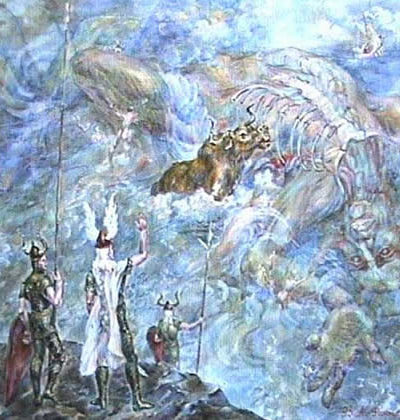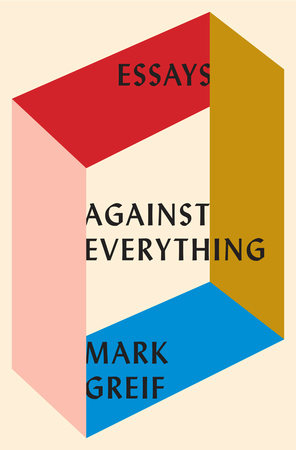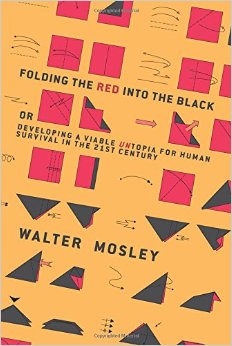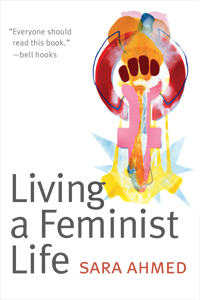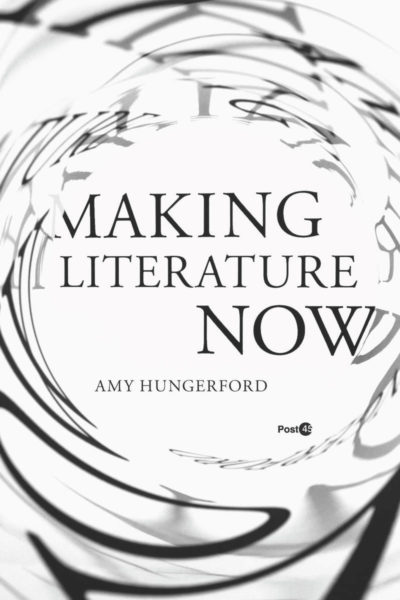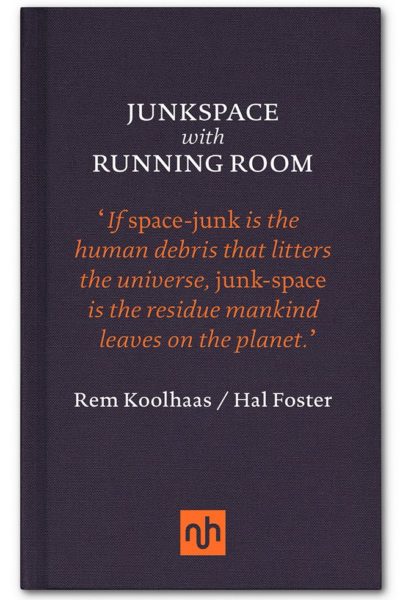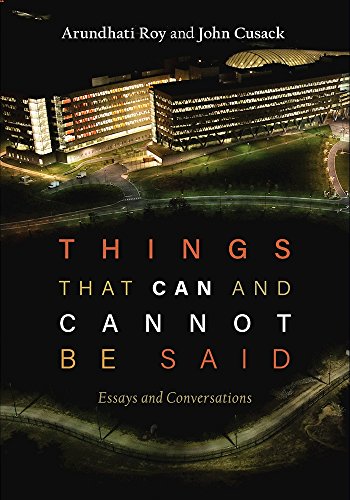Arts of Living on a Damaged Planet: Ghosts and Monsters of the Anthropocene
These are ontological and epistemological accounts challenging the kind of Cartesian dualism and anthropocentric thinking Ghosh points to as giving rise to modernity’s deranged, novelistic view of our world.
Fictionalizing Anthropology – Stuart McLean
FICTIONALIZING ANTHROPOLOGY uses the decaying conventions of academic rhetoric to create a kind of speculative and essayistic social science nonfiction
What if invention, undertaken as a collective project, were the most powerful rejoinder both to the constraining pretend-pragmatism of much mainstream politics and to the dogmatically asserted “alternative facts” of populist, right-wing demagoguery?
Stuart Hall’s Voice – David Scott
For several generations to come Stuart Hall’s voice will remain a key part of conversations on the left.
Against Everything – Mark Greif
It is Greif’s willingness to court his own ambivalences and inconsistencies that make these essays both enjoyable and genuinely edifying.
Folding the Red into the Black – Walter Mosley
Written before the Trump ascendency, Walter Mosley’s UNTOPIA stands as an accessible point-by-point inventory of real systemic shortcomings dressed up by American optimism.
Living a Feminist Life – Sara Ahmed
This book is very kind because it teaches you to read between the white men, even if it’s chairs.
Making Literature Now – Amy Hungerford
Hungerford complains about the power of the commercial market to make reputations, but doesn’t “interrogate,” as professors say, her own institutional power.
Rem Koolhaas and Hal Foster – Junkspace/Running Room
Junkspace appears to be a concept, but it’s not, really; it’s more a slogan, one meant to umbrella over every bit of architecture.
Things That Can and Cannot Be Said – Arundhati Roy and John Cusack
In THINGS THAT CAN AND CANNOT BE SAID, traveling to see Snowden is a little like waiting for Godot. The non-event clears the way for an empty contemplative space.





